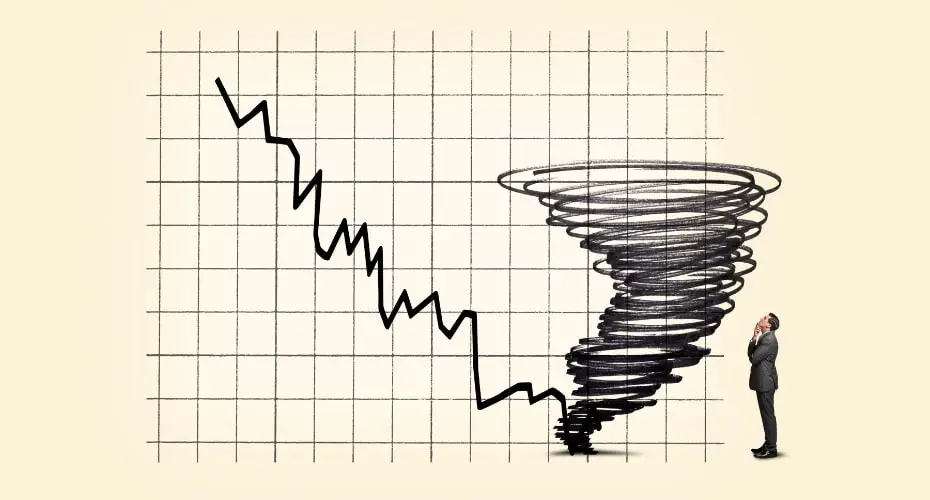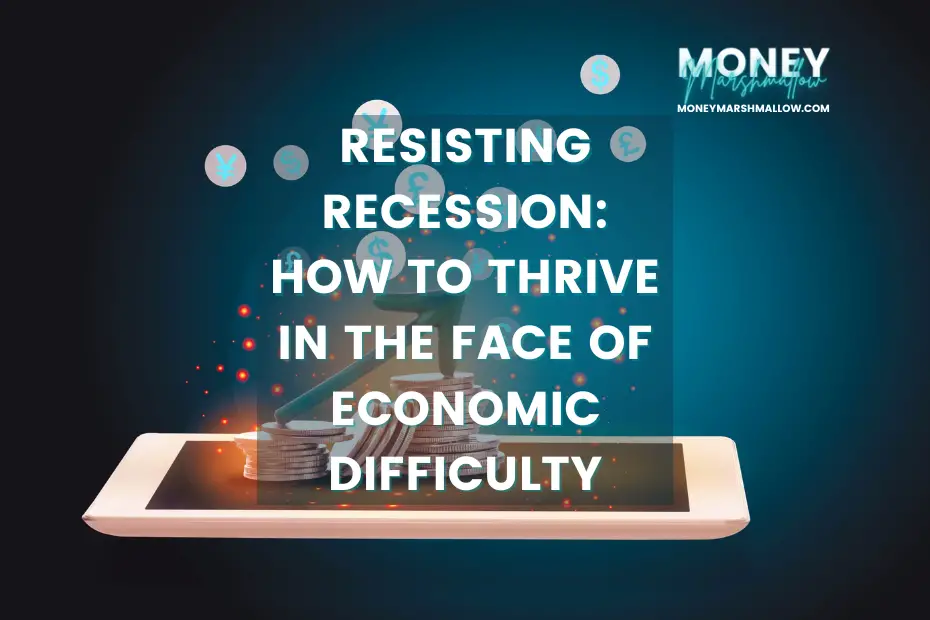During a recession, as economic activity declines, the risk of unemployment looms largest. With debt and anxiety on the up, it’s common for many of us to make impulsive mistakes at a time when they can cost the most. Fortunately, there are strategies to wisely manage your money during a recession and survive during these difficult times. Here are a few strategies to consider.
Optimise your household budget
One of the best ways to manage your money during a recession is to have a well-managed household budget. Track your income and expenses carefully so you know where your money is going. Look for ways to reduce your expenses, such as cutting back on unnecessary luxuries or eating out less often. You’ll soon have more room in your budget to save for emergencies or pay off debt.
While putting together your household budget, make sure you set aside a little every week (or at least every month) for an emergency fund. This way, should anything break down in your house that your home insurance or home warranty won’t cover, for example, you’ll have a little cushion there to help you out.
Look for additional income
In reality, there are only so many expenses you can cut to improve your finances. Once you’ve optimised your budget, building additional income streams is often a good way to increase your income.
Look into offering freelance services, starting a side hustle or working a second job. Consider your skills and interests when searching for ways to earn additional income as many hobbies can be monetised too. Social media has also made it easier to earn through platforms like YouTube and Instagram.
You may also be interested in starting a business as a means of additional income. If this is the case, make certain that your chosen idea is recession-proof. There are certain services people require no matter what the economic climate may be, so consider venturing into childcare, security, or repair services for the best results.
Clear high-interest debt
If you have high-interest debt, like consumer loans, ‘Buy Now, Pay Later’ debt or credit cards, pay it off sooner rather than later. High-interest debt can quickly become unmanageable, especially during a recession when income may be tight and interest rates high. If you’ve successfully cut down expenses and secured additional income, be sure to pour the excess into clearing high-interest debt.
Related: Good debt vs bad debt: Understanding the difference

Diversify your investments
Once your basic finances are in order, a recession can be a great time to start investing. This is when most assets from stocks, shares and property fall in price. However, it’s vital to diversify your investments. Look into investing in property, bonds, and mutual funds.
While having too much cash in your bank account isn’t smart when inflation is high, it’s good to keep some cash on hand in a savings account in case of emergencies. This will help ensure that you maintain financial stability and aren’t stripped of your safety net if there’s a decline in stock prices.
Manage anxiety and stress
It’s normal to feel nervous about finances and how to manage your money during a recession. Therefore, managing your anxiety is a key part of staying afloat. Consider speaking to a financial coach or advisor, reading books on personal finance, or listening to podcasts about money. You could also join a support group or start therapy. It’s important to find healthy coping mechanisms to deal with any stress related to your finances and avoid vices like binge drinking or smoking, as these eat into your finances – in addition to being unhealthy, of course.
Related: 5 financial wellness tips to start practising today
Invest in a home insurance
Home repairs can be expensive, but home insurance can help you save money long-term. It relieves you from the cost of repairs for certain appliances and systems in your home. Contents insurance can also give you peace of mind that essential items that aren’t covered by buildings insurance will be taken care of if something goes wrong unexpectedly. This is a lifesaver during a recession when you may be cutting back on other expenses. Even if you are renting, tenants’ home insurance might be worth considering – especially if you own high-value items.
How to manage your money during a recession
A recession can be a difficult time for many people, but it’s still possible to thrive both mentally and financially. Be sure to stay smart and never scrimp on important payments like insurance or debt payments. With the right approach, you can remain secure in your standing while searching for additional revenue or venturing into a recession-proof business.

